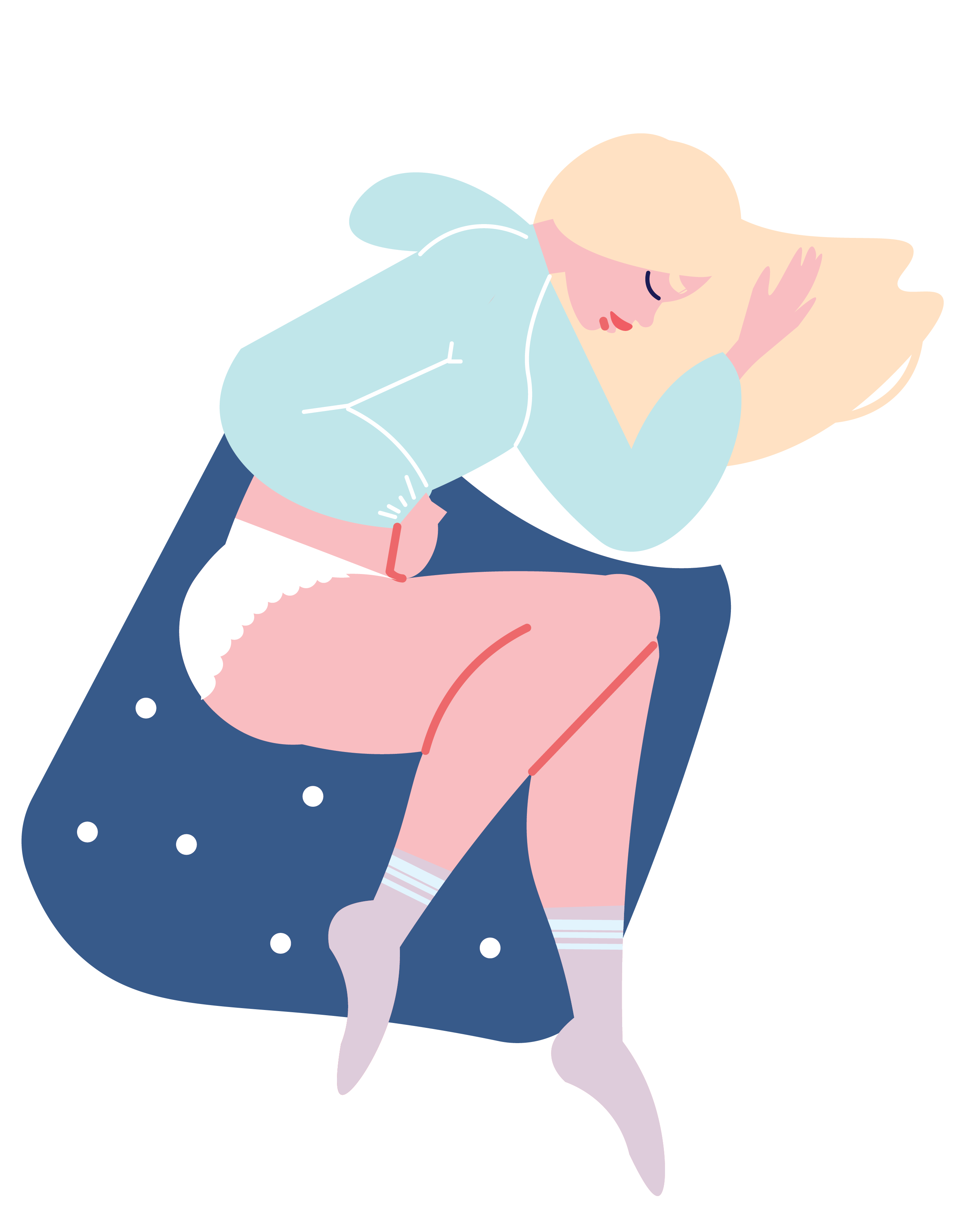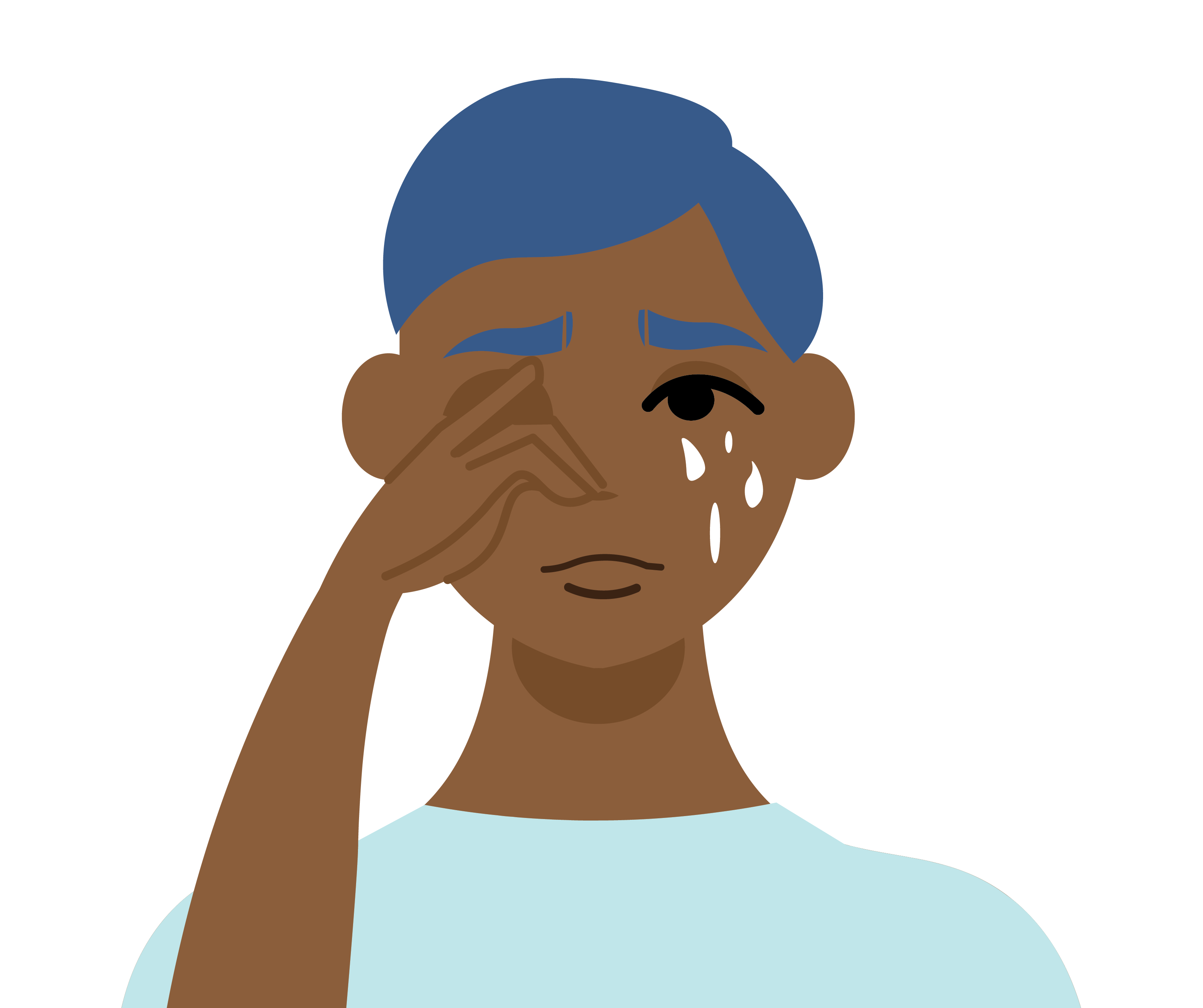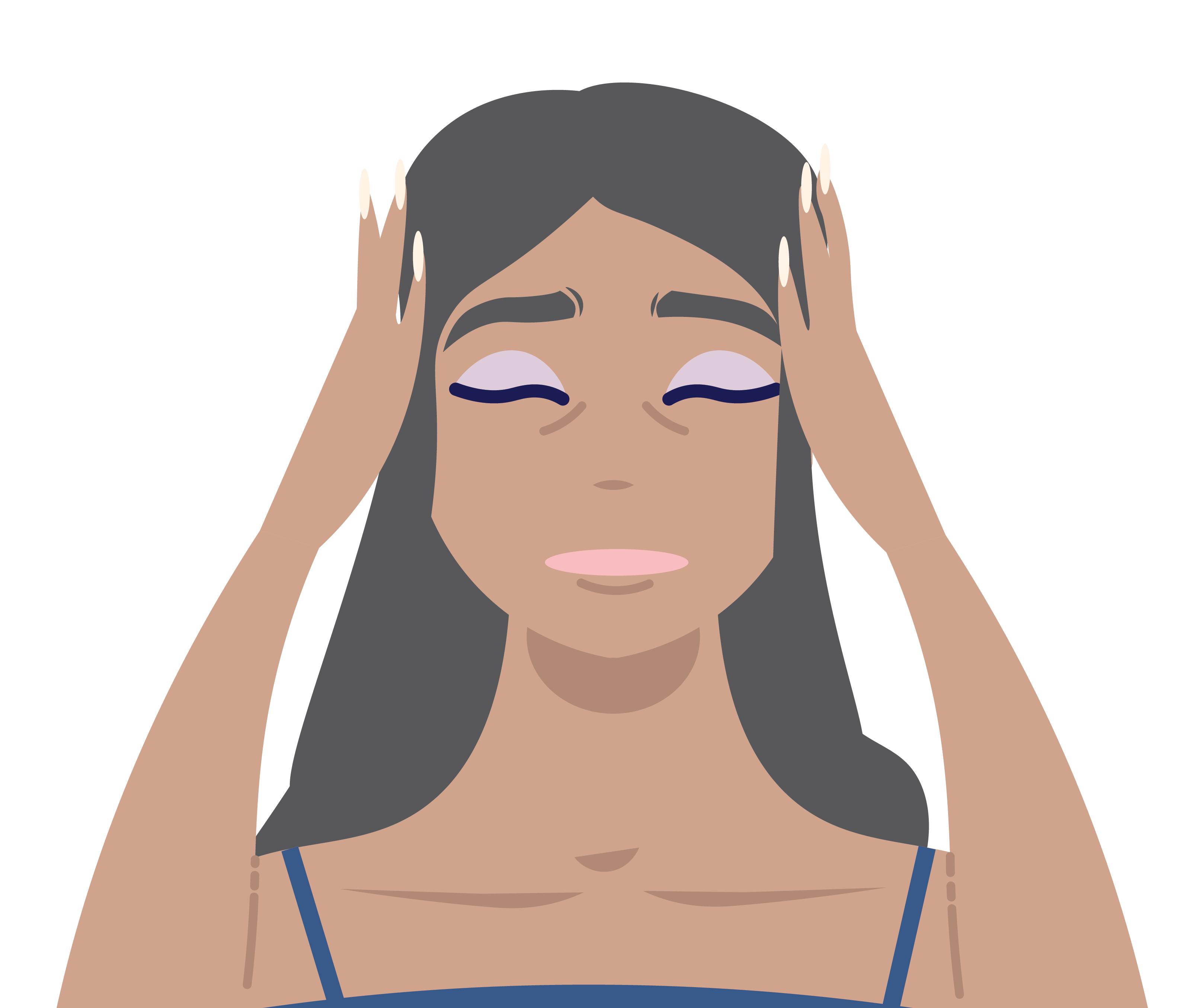Menopause and mental health
Perimenopause and menopause are normal parts of aging. The changes that happen in the body often impact mental health.
The Basics
Menopause has 3 stages: perimenopause, menopause, and post-menopause.
Perimenopause is when a person's ovaries produce less of the hormones estrogen and progesterone.
Perimenopause lasts an average of 4-8 years.
Menopause is technically one day in a person's life that occurs 12 months after their last period.
The average age of menopause in the U.S. is 52.
Post-menopause is all of the time after a person has reached the point of menopause.
Common symptoms
People may experience the following symptoms during the stages of menopause:
- Irregular menstrual cycles
- Hot flashes
- Trouble sleeping
- Night sweats
- Mood fluctuation
- Anxiety
- Depression
- Weight gain
- Heart palpitations
- Low libido
- Vaginal dryness, itching, and/or burning
- Forgetfulness
- Trouble concentrating
- Bladder control issues
- Painful sex
- Painful urination
- Bone loss which can lead to osteoporosis
By the numbers
2 million
people enter menopause every year in the U.S.
25%
of people in perimenopause / menopause have symptoms of anxiety.
28-38%
of people in perimenopause / menopause have symptoms of depression.
1 in 4
people in perimenopause / menopause have mood changes.
Hormonal changes
During perimenopause, estrogen and progesterone levels drop. So do serotonin, dopamine, and gamma-aminobutyric acid (GABA) levels. These are the body's "feel-good" chemical messengers, or hormones.
People with a history of depression are up to 5x more likely to receive a diagnosis of major depressive disorder during perimenopause.
Approximately 20% of people with bipolar disorder report a worsening of their mood symptoms after menopause.
Hot flashes
Hot flashes are sudden, intense feelings of heat. They are caused by dropping estrogen levels. They can interrupt a person's daily activities and impact their quality of life. About 75% of cisgender women going through menopause will experience hot flashes.
Those who have experienced anxiety with physical symptoms are 3x more likely to experience hot flashes.
Nighttime hot flashes can cause insomnia. People with insomnia are 10-17x more likely to experience depression and anxiety symptoms, respectively.
Life changes
The stages of menopause often happen when people are facing many external stressors. They may be taking care of aging parents or facing career pressure, health challenges, or the transition of kids leaving home.
50%
of women (aged 45-60) with 15 or more caregiving hours per week had moderate or greater menopausal symptoms.
67%
of surveyed working women in the UK with menopausal symptoms say it negatively impacted their work.
79%
of surveyed working women in the UK who reported that menopause symptoms negatively affected their work said they felt less able to concentrate.
Gender dysphoria
Gender dysphoria is the stress that a person goes through when their birth sex does not match their gender identity. Menopausal symptoms can be an unwelcome reminder of this mismatch for transgender, intersex, and other gender-creative people.
Transgender men (men assigned female at birth) will go through menopause if they keep their ovaries and do not receive hormone therapy.
Transgender women (women assigned male at birth) may experience menopause symptoms if they have undergone hormone therapy, but then stopped.
Finding support
If you are going through the stages of menopause and are feeling sad, worried, or scared, you might be showing the early warning signs of a mental health condition.
Visit mhascreening.org to take a mental health test. It is private, anonymous, and free. It only takes a few minutes, and after you are finished, you will be given information about the next steps to take based on the results.
To find a community, look for menopause-related social media groups, or contact your doctor to ask about local support groups.
You can also hear real stories about other people's menopause experiences by listening to the Pfizer podcast series menopause: unmuted on major podcast platforms or on womens-health.simplecast.com.
If you or someone you know is struggling or in crisis, 24/7 help is available. Call or text 988 or chat at 988lifeline.org. You can also reach the Crisis Text Line by texting HOME to 741741.
This infographic was developed with support from Pfizer.












